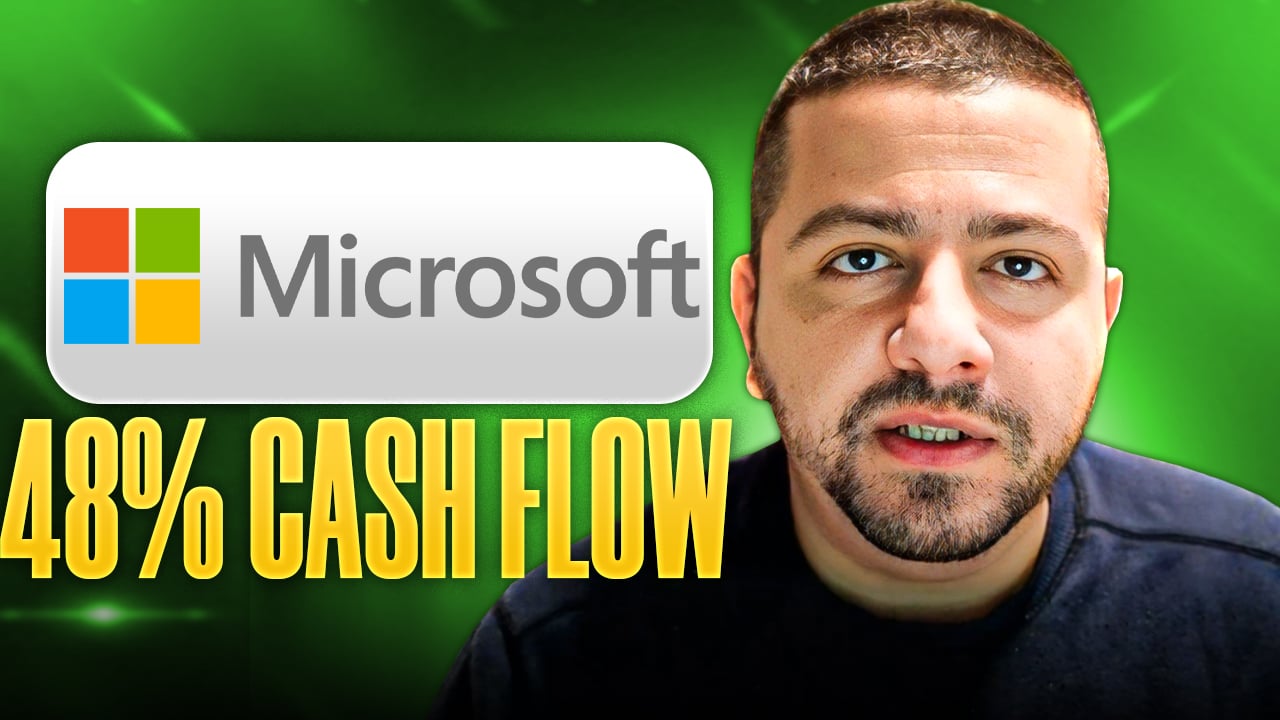With new CEO Satya Nadella firmly entrenched, 2015 will be a pivotal year for the future of Microsoft (MSFT +0.22%) as the company rolls out its Windows 10 operating system.
The new OS will bring a unified platform to PCs, tablets, and phones. That means one app store and only one build needed for developers. That should greatly enhance the app pool for Windows -- specifically for its struggling phones and tablets -- which could be a game-changer.
However, Windows 10 is not the only project Microsoft has in the works. The company has a bustling creative pipeline, some likely to never make any noise and others that could change Microsoft as a company going forward.
Here is a look at some of the most interesting projects the company has planned.
The HoloLens
So far, hologram technology has been mostly used for gimmicks like bringing deceased performers back to life for award shows. Microsoft has a bigger vision for the tech and announced Hololens earlier this year. The company explains its vision on the HoloLens website:
Microsoft HoloLens puts you at the center of a world that blends holograms with reality. With the ability to design and shape holograms, you'll have a new medium to express your creativity, a more efficient way to teach and learn, and a more effective way to visualize your work and share ideas. Your digital content and creations will be more relevant when they come to life in the world around you.
That is some lofty-sounding marketing speak there, but the early demos of HoloLens, which include using it to play an immersive version of Minecraft, have been impressive. The company has also shown off holographic uses for design, education, and more.
Microsoft has even created a HoloLens headset, but it has otherwise opened the door wide open for developers to create apps integrating holograms with the real world.

The HoloLens could change how people interact with computers. Source: Microsoft
Project Orleans
Nadella has pushed for Microsoft to become a cloud-first company, and that means handling the back end of the cloud, not just delivering cloud-based software. Orleans, which the company released in late January, is designed to help real-time services, including e-commerce, online gaming, and social media, be scalable and reliable on the cloud.
Orleans, an open-source platform, provides a straightforward approach to building high-scale distributed computing applications, according to the company.
"The main benefits of Orleans are developer productivity and transparent scalability, two of the most prominent challenges when developing services for the cloud," the company wrote on its Microsoft Research website.
Touch-based Office
When Microsoft launched its current OS, Windows 8, touch was a key part of the presentation. So it was odd that the company has yet to release a touch-based version of its popular Office suite of programs. That is finally changing, as the company has released a technical preview of touch-driven Word, Excel, and PowerPoint. Later this year, touch versions of Outlook and OneNote will be previewed and the whole package is likely to be officially released in 2015 along with Windows 10.
The Halo TV series
When Microsoft launched the Xbox One in 2013, it promised a whole slate of television shows dubbed Xbox Originals. Those plans were quickly scrapped, but a series based on the popular Halo title produced by Steven Spielberg survived and will air this autumn. It may not, however, air as an Xbox exclusive, as originally planned.
Microsoft is speaking with Showtime about a partnership for the series, under which episodes would run first on the premium cable network, Variety reported.
Halo was originally part of Xbox Entertainment Studios, a now-shuttered entity which originally had an ambitious plan to create original shows for the console. It is one of the few shows which survived the shutdown, and its failure or success will likely determine whether Microsoft produces additional programming in the future.
The Surface Pro 4
While overall sales have struggled for the high-end Microsoft laptop/tablet hybrid series, recent results have been encouraging. In the most recent earnings release, the company touted Surface revenue of $1.1 billion, a 24% year-over-year gain, which was "driven by Surface Pro 3 and accessories."
It is widely expected, though not confirmed by the company, that the Surface Pro 4 will be released this year. Speculation surrounding the product suggests that it will offer a bigger screen and perhaps come in a "mini" version as well. Microsoft has been very tight-lipped on plans for the line, but it has been very aggressive pushing the current model as an alternative to the Apple MacBook Air.
The next Surface, whatever form and specs its takes, will almost certainly run Windows 10, and its success (or failure) to build on Pro 3 momentum should tell us whether the line is just a novelty or new category of computing device.







